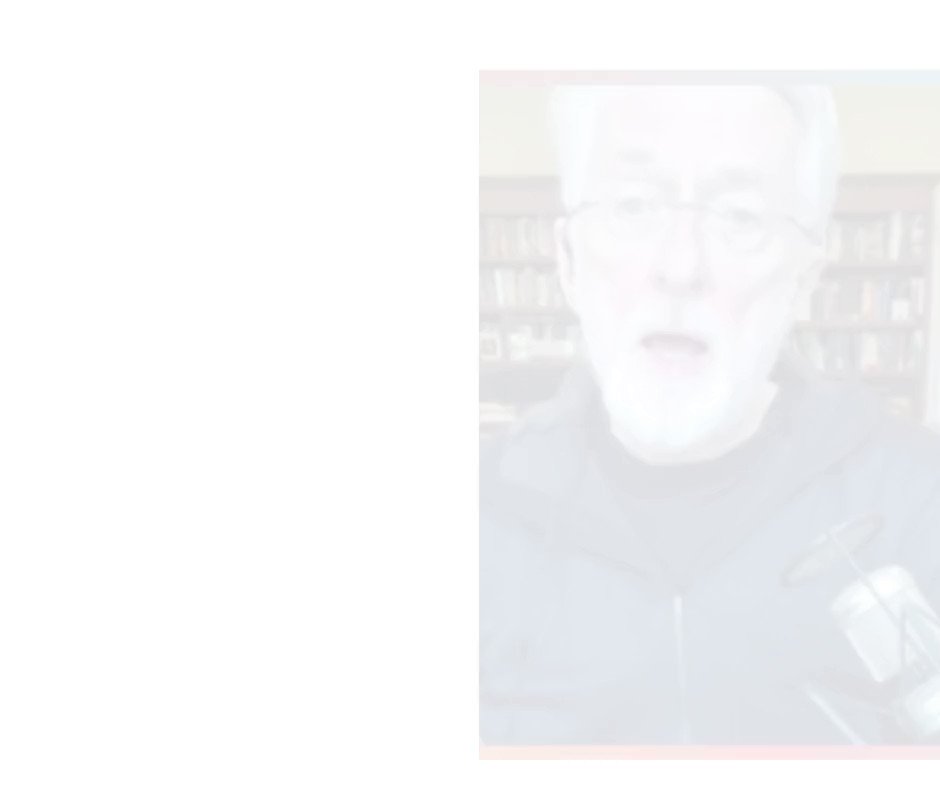Sujan
5:25
5:25
5:30
5:32
5:32
5:33
5:33
5:33
5:33
5:34
5:34
5:36
5:39
5:40
5:41
5:41
5:41
5:43
5:44
5:44
5:45
5:46
5:47
5:48
5:49
5:49
5:50
5:51
5:52
5:54
5:55
5:55
5:55
5:56
5:57
5:59
6:03
6:03
6:04
6:04
Connecting…




